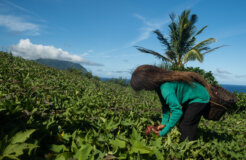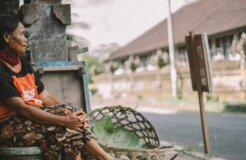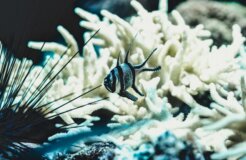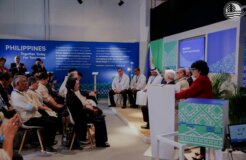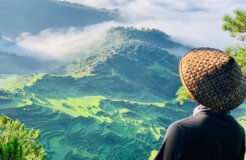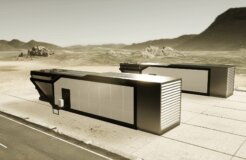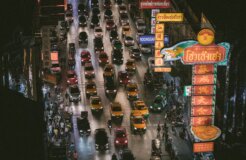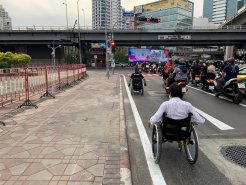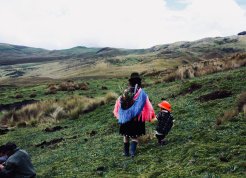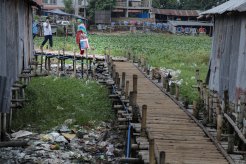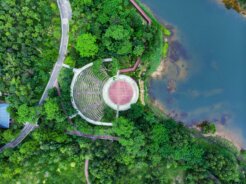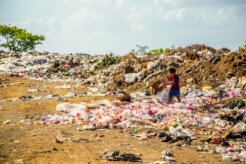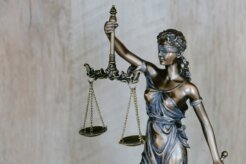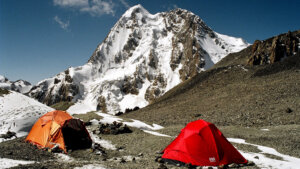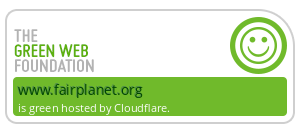Made up of more than 7,000 island, the Philippines has a population of 104 million citizens, who mostly occupy just 11 of those islands. Situated within the South China Sea and the Pacific Ocean, the country's religion is majority Christian and its official languages are Filipino and English.
Once a Spanish colony, that was then taken over by US forces in the early part of the 20th century, the country still holds strong influences from its past, especially in terms of language, religion and government. Self-rule in 1935 was followed by full independence in 1946 under a US-style constitution.
Sitting President Rodrigo Duterte came to power in a landslide victory in June 2016 after winning over voters with promises to take on crime, drugs and corruption. Since he took office, Duterte has been accused of violent and human rights-violating tactics in his bid to 'tackle drug crime'. As reported by the BBC, "In his first year in office, he launched a controversial anti-drug campaign with a call to citizens and the police to conduct extra-judicial killings of suspects; thousands are thought to have died since."
The media in the Philippines boasts freedom of reporting as well as a thriving scene of thousands of independent radio stations. However, the Philippines is one of the most dangerous countries in the world for journalists currently.
